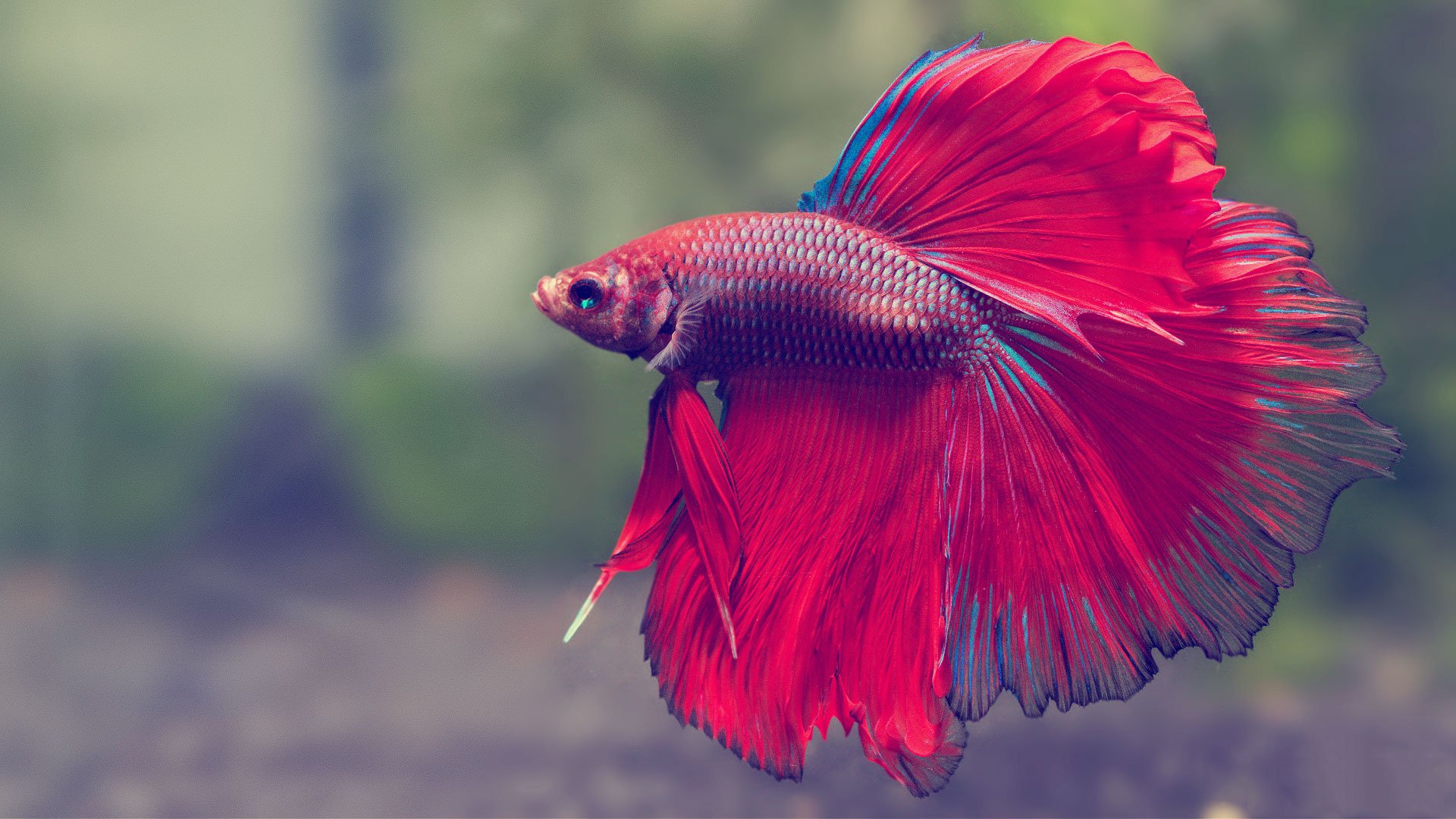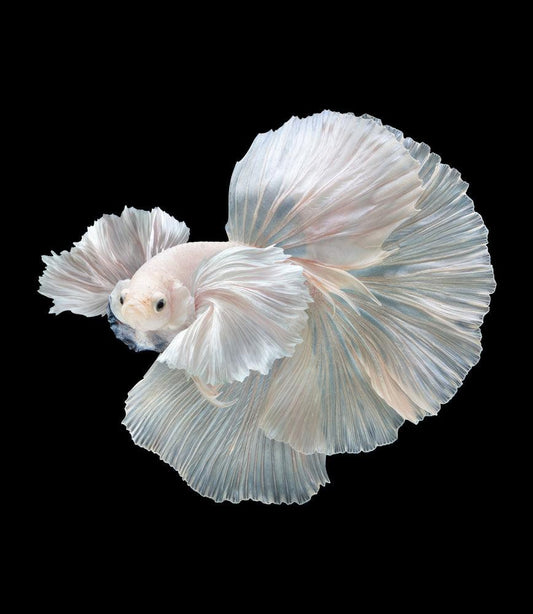Betta Fish Diet: What to Feed Your Betta for Optimum Health And Wellness
Betta Fish Diet: What to Feed Your Betta for Optimum Health And Wellness
Blog Article
Everything About Betta Fish: Comprehending Their Distinct Needs, Behavior, and the most effective Practices for Optimal Treatment
Understanding the unique needs and behaviors of Betta fish is vital for any kind of aquarist looking to offer ideal treatment. betta fish. As we discover these aspects additionally, the ramifications for both novice and experienced fish caretakers become significantly obvious, raising concerns concerning how best to fit these exceptional fish in our homes.
Betta Fish Summary
Although usually appreciated for their lively colors and moving fins, Betta fish, medically known as Betta splendens, are complex creatures that need certain like grow. Stemming from Southeast Asia, these freshwater fish are recognized for their territorial nature and one-of-a-kind habits. Betta fish show sexual dimorphism, with males presenting extra vibrant colors and longer fins than ladies.
Their hostile tendencies, particularly amongst males, require cautious factor to consider when housing them. Bettas are typically kept in single-specimen containers to protect against territorial disputes. Nevertheless, they can exist together in harmony with certain compatible types in bigger community containers, gave the setting satisfies their requirements.

To guarantee ideal treatment, aquarists have to recognize their special behavior attributes, nutritional requirements, and environment needs. betta fish. With correct interest, Betta fish can display their dynamic individualities and thrive in a properly maintained aquarium setup
Natural Habitat and Setting
Betta fish prosper in a diverse series of all-natural habitats, mostly discovered in the shallow waters of Southeast Asia, consisting of rice paddies, swamps, and slow-moving streams. These settings are identified by warm temperatures, usually between 75 ° F and 82 ° F(24 ° C and 28 ° C ), and a pH degree ranging from 6.5 to 7.5, which is optimal for their health and health.
In their natural surroundings, Betta fish are accustomed to dense vegetation, giving both shelter and breeding premises. The visibility of plants such as drifting water lilies and thick yards not only uses defense from predators however also adds to the oxygenation of the water, which is essential for their respiratory demands. In addition, these environments frequently have areas of still water, allowing Betta fish to exhibit their all-natural behaviors such as bubble nesting.
Recognizing the all-natural environment of Betta fish is essential for fish tank lovers. Replicating these problems-- with water temperature level, pH equilibrium, and the incorporation of online plants-- can dramatically improve the total health and wellness and durability of these captivating fish, guaranteeing they prosper in a home fish tank setup.
Social Behavior and Interactions
Recognizing the social habits and communications of Betta fish is essential for successful aquarium management. Betta fish, or Siamese fighting fish, are understood for their distinct behavioral attributes, characterized mainly by territoriality and aggressiveness.
Alternatively, women Bettas show much less hostile behavior and can exist together in teams, recognized as sororities, if introduced properly. It is crucial to monitor their interactions very closely, as power structure and prominence can lead to conflicts. Comprehending the dynamics within a Betta neighborhood is crucial; establishing concealing places and ensuring enough space can alleviate aggressiveness.
In addition, Betta fish might likewise present interest and social behaviors towards various other varieties. While they can exist together with certain non-aggressive tank friends, it is necessary to choose suitable types to stay clear of stress go right here and aggression. Overall, recognizing these social communications is key to cultivating a harmonious fish tank environment for Betta fish.
Necessary Treatment Guidelines
Giving appropriate take care of Betta fish is crucial to their health and wellness. To ensure a growing setting, it is essential to preserve optimal water problems. The water temperature level must be maintained in between 76 ° F and 82 ° F(24 ° C to 28 ° C), while pH degrees must range from 6.5 to 7.5. Regular water modifications-- around 25% regular-- assistance maintain water high quality.
Betta fish call for an appropriate tank size; a minimum of 5 gallons is advised to provide appropriate space for swimming and hiding. Consist of designs and plants to create a stimulating setting, yet avoid sharp items that might damage their fragile fins.

Finally, make certain the storage tank is geared up with a filter to maintain the water clean, yet use a mild filter to avoid solid currents that can worry the fish. By following these vital care guidelines, proprietors can advertise a healthy and balanced and dynamic Betta fish.
Common Health And Wellness Issues and Solutions
In the care of Betta fish, recognition of usual wellness problems is vital for maintaining their wellness. One common concern is fin rot, often caused by bad water top quality or microbial infection. Signs and symptoms consist of torn or discolored fins. To deal with fin rot, boost water conditions and think about using a broad-spectrum antibiotic.
One more typical disorder is ich, a parasitic infection defined by white areas on the fish's body (betta fish). Treatment entails increasing water find more info temperature level and adding aquarium salt to the container, as this can aid get rid of the bloodsucker
Swim bladder disorder is likewise often observed, bring about buoyancy problems. This condition might arise from overfeeding or bowel irregularity. A fasting period of 24-48 hours, adhered to by a diet of blanched peas, can provide alleviation.
Finally, bettas might suffer from velvet disease, suggested by a gold dust-like appearance on their skin. Therapy normally requires drug particularly view developed for external parasites, alongside boosted tank hygiene.
Regular surveillance of water parameters, keeping a tidy setting, and providing a balanced diet plan are essential safety nets. By addressing these health issues promptly, Betta fish can lead much healthier, much more vibrant lives.
Final Thought
In recap, effective betta fish care needs an understanding of their one-of-a-kind demands and behaviors. Routine tracking of wellness and water top quality, along with a well balanced diet regimen, contributes to the long life and vibrancy of betta fish.
Report this page